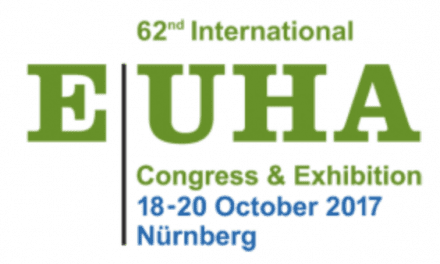Summary:
Absolute Audio Labs has integrated Aizip’s efficient AI-based noise reduction models into its PYOUR Audio platform, enabling hearing aid manufacturers to deliver advanced speech clarity in noisy environments using standard chipsets.
Key Takeaways:
- The collaboration allows AI-powered speech and noise separation to be implemented in both prescription and OTC hearing aids without requiring specialized hardware.
- Aizip’s compact, low-latency AI models make high-end noise reduction performance accessible for mid-range hearing devices.
- The partnership aims to enhance audibility and reduce social isolation for people with hearing loss by bringing advanced AI technology to a broader market.
Absolute Audio Labs (AAL) and Aizip announced that Aizip technology is now available as a plugin on AAL’s PYOUR Audio development framework. According to the companies, prescription and OTC hearing aid manufacturers can now easily integrate cutting-edge AI-based speech / noise separation and reduction to provide significant increases in audibility in loud settings.
AI-based noise reduction has long been used in applications where extensive processing resources exist, for example in the cloud during internet meetings. Only recently has it been applied to hearing devices and even then, it has been primarily in high-end models using customized neural processors. The benefits of effective AI noise reduction have not been widely available in mid-range devices to serve the broader population of people who have difficulty understanding speech in noisy environments.
Platform Agnostic Hearing Aid Solution
AAL’s PYOUR 3.0 audio platform is designed to be highly flexible and suitable for a wide range of standard 24 bit and 32 bit SoCs. AAL’s proprietary and patented core algorithms include advanced acoustic noise suppression, its unique iWBC (Instant Wide Band Compression), and AI-based feedback management system.
With the addition of Aizip’s tiny and highly efficient AI models into the PYOUR framework, low latency AI-based noise reduction can be implemented in the latest generation of standard chipsets that have integrated neural network processors, according to the company. In adding Aizip’s model, AAL says it offers manufacturers of hearing aids the ability to dramatically improve speech audibility in noise using standard silicon, without requiring a costly co-processor.
“AAL already offers a comprehensive hearing aid firmware package that brings high-end features to hearing aids using standard shipsets,” says Nathan Francis, head of business development at Aizip, adding that “together we will now set the standard for performance in accessible devices across the full range of environments people with hearing loss struggle with.”
“Speech in noise remains the key problem for people with hearing loss, often leading to social isolation when they withdraw from loud environments,” says Mark Kaal, business development and innovation director at AAL. “As the leader in the development of high performance, tiny AI models that run at the edge, Aizip challenges conventional notions about what is possible in hearing devices. We are delighted to incorporate their latest speech / noise separation models to improve the lives of millions of people who have trouble hearing in difficult situations.”
AAL and Aizip express a commitment to addressing the global pandemic of untreated hearing loss through the continuing development of advanced, accessible hearing aid technology. For more information, visit https://absoluteaudiolabs.com or https://aizip.ai.





